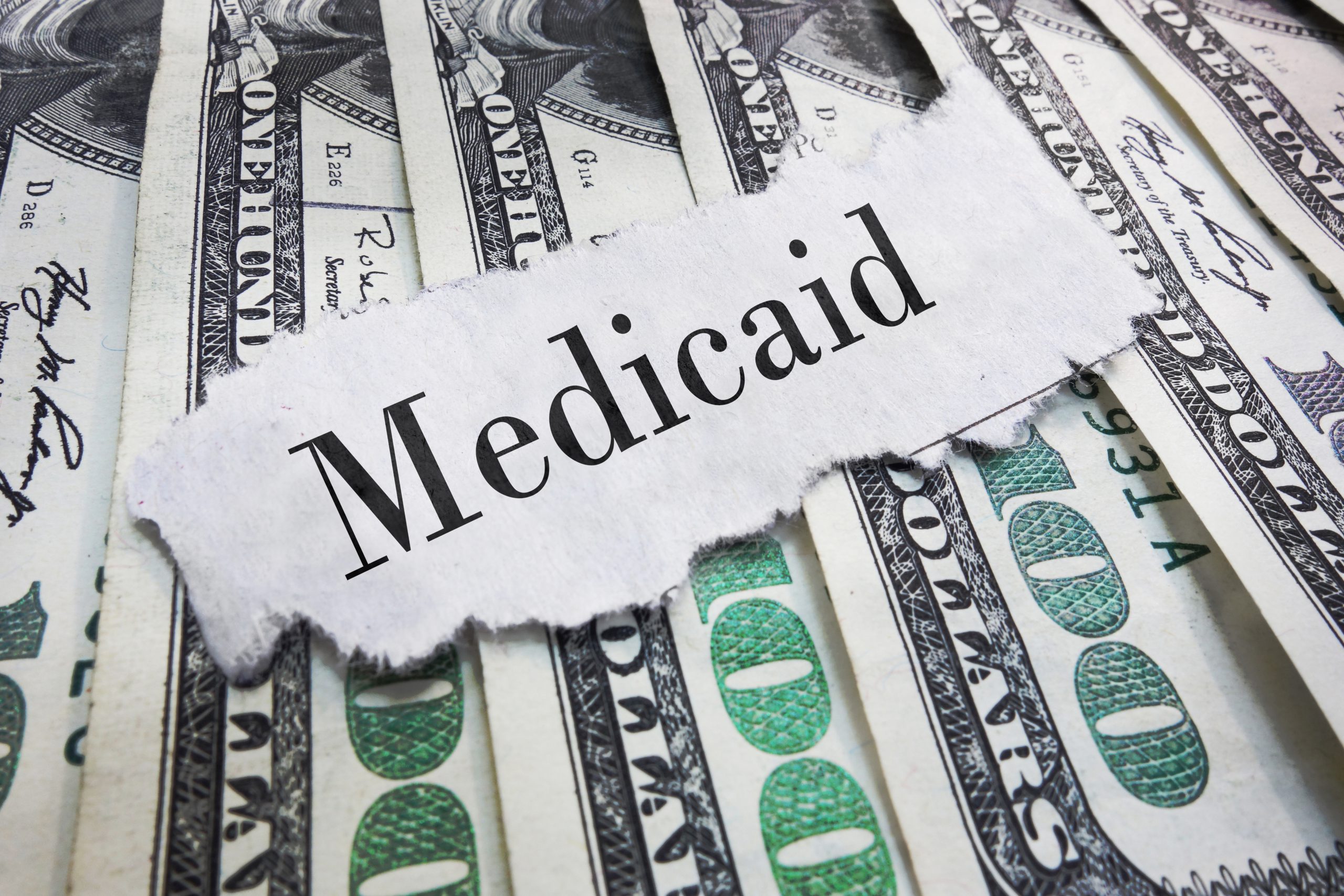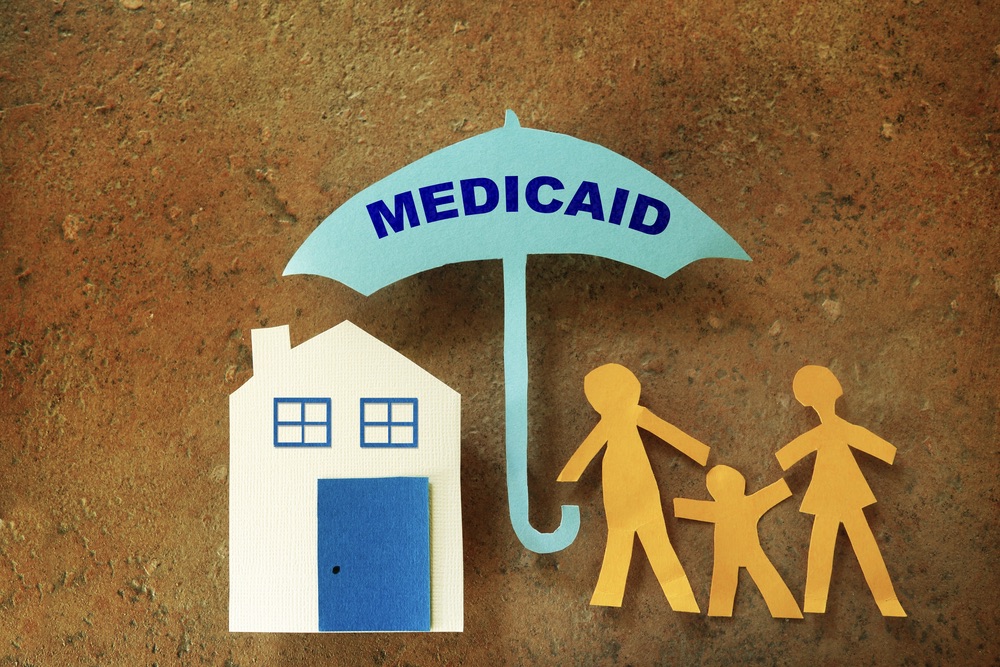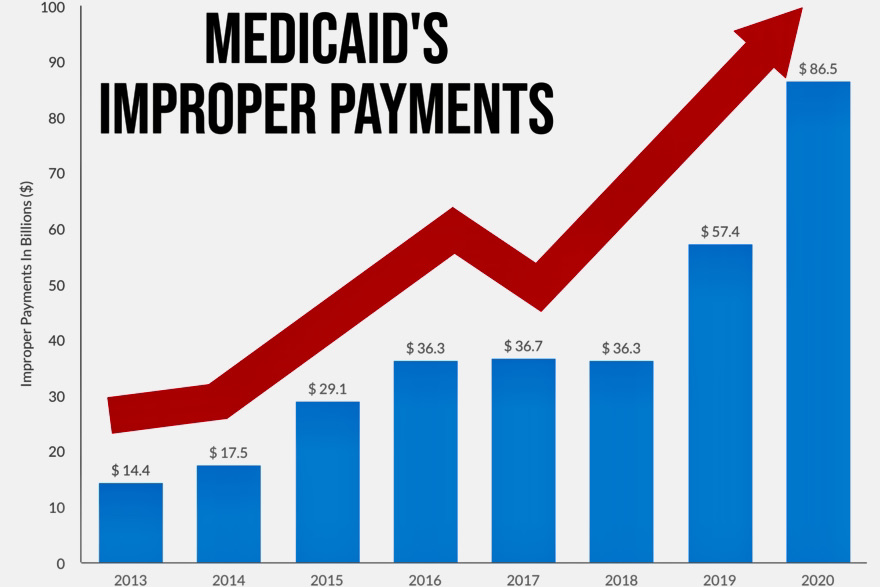31 Oct MEDICAID’S CHALLENGES WITH THIRD-PARTY LIABILITY
Third-party liability, also known as TPL, is the legal obligation of third parties to pay part or all of the expenditures for medical assistance under a Medicaid state plan. In other words, if a beneficiary has other forms of health insurance, those primary payers are...





